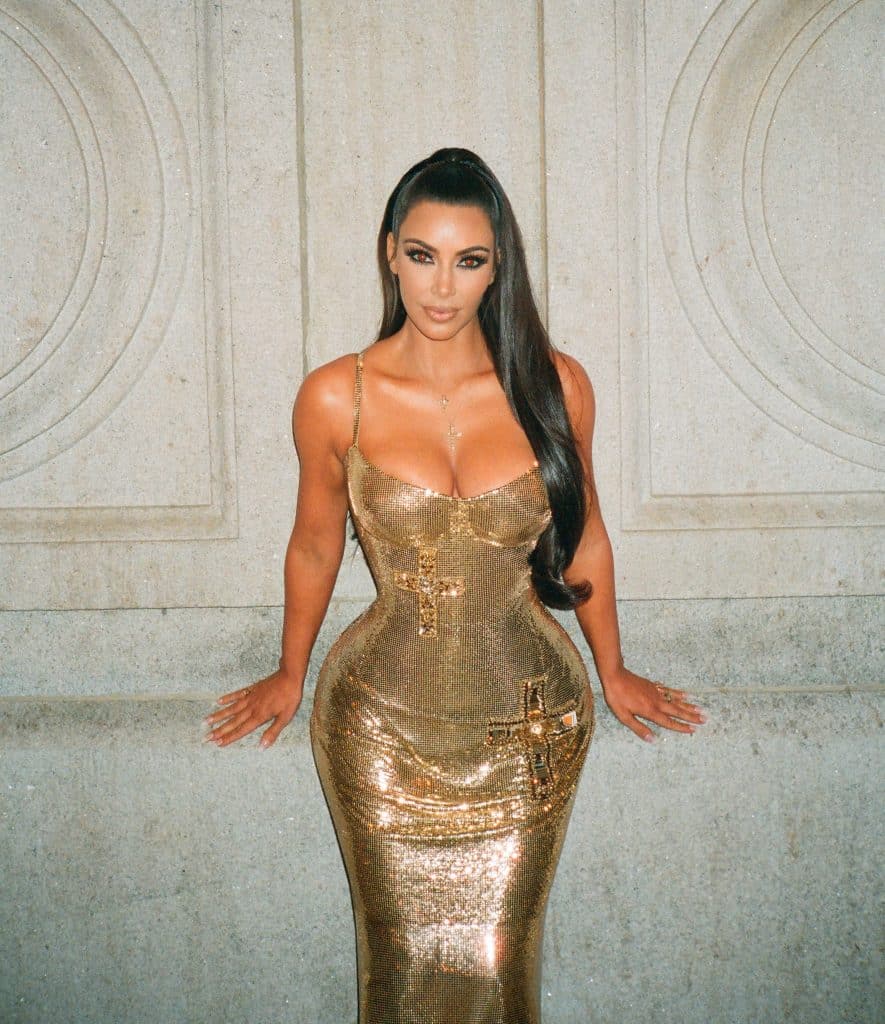Some are born relevant, some achieve relevance and some have relevance thrust upon them…
It seems that everybody these days is scrambling to become considered ‘relevant’ – or to cling onto such status. However, what does it really mean in 2021?
According to Merriam Webster, to be ‘relevant’ means to have ‘significant and demonstrable bearing on the matter at hand’, though, like most words, it’s come to have something of a wider meaning over the years. However, at the core of it, achieving relevance is essentially just that – having significant and demonstrable bearing on the matter at hand. It’s just that, in this case, the ‘matter at hand’ is society in general.

Being relevant isn’t simply about being involved in current events, though that certainly helps. If you were asked to list off the names of those that you consider relevant, you’d likely come up with a slew of celebrities, business moguls, politicians, etc., all who have hit the headlines for some reason or another recently. In 2021, however, we have well and truly ditched the idea that all publicity is good publicity – that’s if the rise of the term ‘cancelled’ is to be believed on face value.
In comparison, those who repeatedly hit the headlines for negative reasons these days tend to come off a little desperate in some ways. It’s a lot easier to get attention for doing something wrong than it is to get attention for doing something right. There was a time when those in the public eye could have used this to their advantage, though the majority of society has grown long-tired of this mentality.
It’s easy to see why. For the perfect example of how it looks when those who wish to be considered relevant or important attempt to get attention by going down the ‘all publicity is good publicity’ route, you’d need to venture no further than reality television. In the early 00s, shows such as Big Brother were seen as a prolonged televised social experiment – a good chance for viewers to get to know some of society’s more eccentric characters in an environment where they were entertainingly in competition with one another. The show’s first few seasons – both in the United States and following its flagship run in the United Kingdom – pulled in plenty of viewers, but never particularly created overnight stars.
After a couple of years, however, the draw of millions of viewers became particularly alluring to those who were simply comfortable with heading for the screen for the purpose of being known. What’s the best way to ensure that viewers remember you long after the credits have rolled on the season finale? Create controversy, of course.
This may have worked for a while, but audiences have wised up to such motivations these days, choosing instead to ignore television’s biggest attention seekers once they’ve left the bubble of the show itself. While reality TV’s most obnoxious personalities were once seen as a fairly lucrative cash cow by sponsors and producers, often allowing these ‘stars’ long careers, those who head onto reality TV to try out the attention seeker route for themselves now will likely find that they struggle to yield the recognition or relevance to support even the ropiest of brand deals. In many cases, it’s back to the day job before you can say ‘Who f*cking cares?’.
Perhaps it’s just that reality TV is seen as being inherently ‘tacky’, depending on the nature of the show itself. Maybe it’s because it’s long since been replaced by a new route for ‘regular’ people to carve themselves a career in the public eye.

Social media and its influence on the status quo have grown exponentially over the last ten years, giving everyday people a platform on which to influence others, whether that’s through motivational content, comedy, education, music or any number of different subjects. It may have been looked down on by some at one point, but it’s clear in 2021 that social media stars are some of the most highly-respected within the celebrity world – that is, depending on what that stardom comes from. Social media stars tend to experience a far faster rise to prominence than those who seek fame through traditional platforms, though they tend to fall far quicker, too.
When it comes down to it, relevance is a phenomenon that varies across the internet, across the world and across society. Some write off stars such as Kim Kardashian as being ‘famous for being famous’, whilst other consider the TV star and entrepreneur to be one of society’s most relevant figures – others, meanwhile, may feel that her relevance pales in comparison to that of TikTok stars, such as Charli D’Amelio.
Relevance, in many ways, is achievable for everyone – just be sure to choose your target demographic wisely in order to avoid being written off as just another attention seeker.


